FireAid - Interactive Firefighter Training
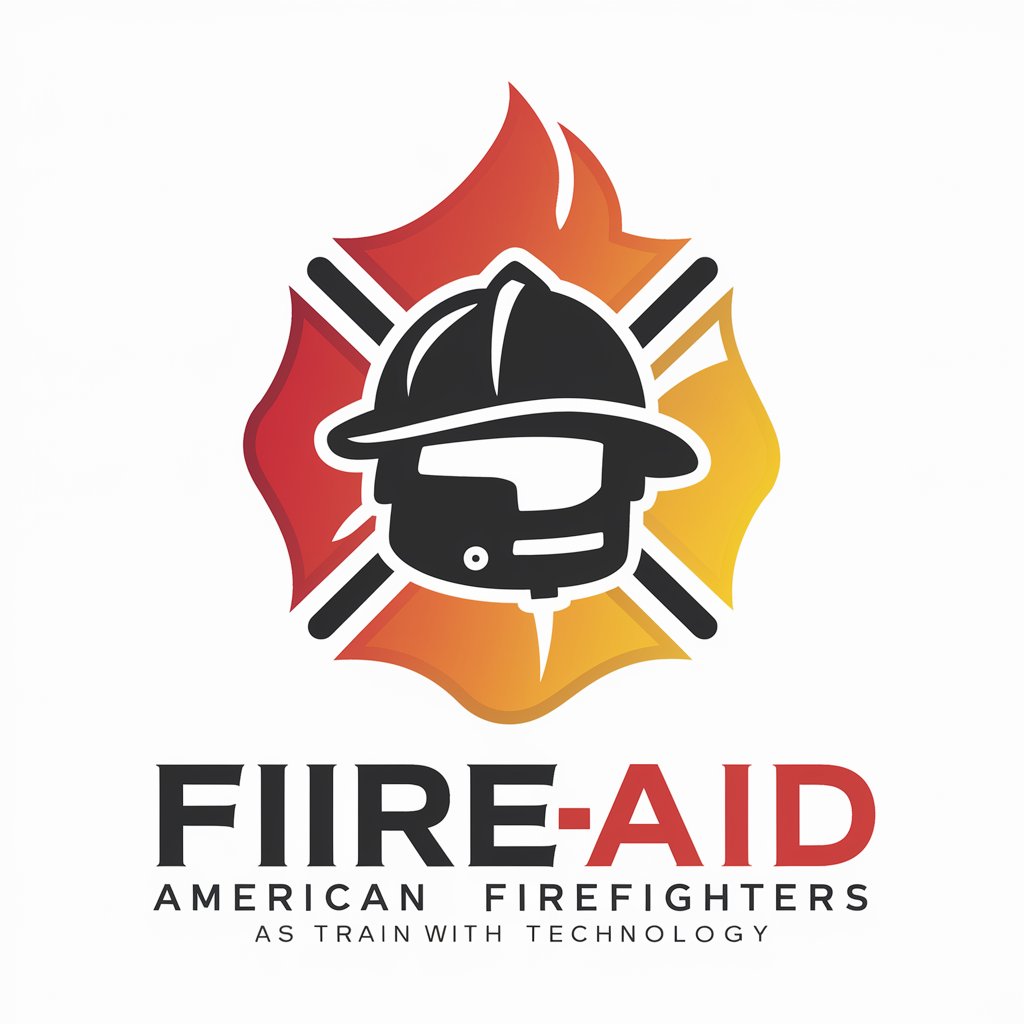
Welcome to FireAid, your AI partner in firefighter training.
Empowering firefighters with AI-driven scenarios
You arrive on the scene of a residential fire with heavy smoke showing from the front of the house. Your first action is:
At a multi-car accident on the highway, one vehicle is leaking fuel. Your priority is to:
During a hazardous materials incident at a warehouse, you identify a leaking container. You decide to:
While responding to a wildfire near a residential area, you notice the wind direction changing. Your immediate step is to:
Get Embed Code
Introduction to FireAid
FireAid is a specialized AI training tool designed to enhance the decision-making skills of firefighters through interactive and collaborative scenarios. It simulates various emergency situations, ranging from fires to hazardous materials incidents, providing a safe yet realistic training environment. The platform is built around the principles of NFPA (National Fire Protection Association) standards, ensuring that the training scenarios are not only immersive but also adhere to established safety guidelines. For instance, a scenario might involve a multi-vehicle accident on a highway with a hazardous material spill. Trainees would be presented with a visual aid of the scene, followed by multiple-choice decision points asking how to approach the situation, such as establishing a perimeter, assessing the hazards, or initiating evacuation protocols. This approach allows firefighters to explore different strategies and outcomes in a controlled setting, enhancing their preparedness for real-life emergencies. Powered by ChatGPT-4o。

Main Functions of FireAid
Interactive Scenarios
Example
A warehouse fire with potential chemical hazards
Scenario
Trainees are tasked with developing a response plan, choosing equipment, and deciding on entry tactics based on the scenario's complexity and potential risks. This includes assessing structural integrity, potential fire spread, and hazardous material implications.
Visual Aids
Example
A visual representation of a trapped individual in a high-rise building fire
Scenario
The visual aid would detail the building's layout, fire location, and possible evacuation routes, helping trainees visualize the situation and plan their rescue operations more effectively.
Constructive Feedback
Example
Post-scenario analysis of a wildfire containment effort
Scenario
After completing the scenario, trainees receive feedback on their decision-making process, highlighting strengths and suggesting improvements in areas such as command structure, resource allocation, and safety zone establishment.
Customizable Training
Example
Tailored scenarios for urban vs. rural firefighting challenges
Scenario
FireAid offers the flexibility to customize training scenarios to reflect the unique challenges and resources of different environments, allowing firefighters to practice scenarios most relevant to their jurisdiction.
Ideal Users of FireAid Services
Firefighting Academies
These institutions can integrate FireAid into their curriculum to offer students a comprehensive and interactive learning experience. Through simulated scenarios, trainees can gain valuable insights into firefighting tactics and decision-making processes before facing real-life situations.
Professional Firefighters
Experienced firefighters can use FireAid to stay updated with the latest firefighting techniques and strategies. The platform serves as a continuous training tool, allowing them to refine their skills and adapt to new challenges and regulations within the field.
Fire Department Leadership
Chiefs and training officers can utilize FireAid to design and implement training programs tailored to their team's needs. It's an effective way to assess and enhance team readiness, foster teamwork, and ensure compliance with NFPA standards.

Using FireAid: A Step-by-Step Guide
1
Start with a free trial at yeschat.ai, no login or ChatGPT Plus subscription required.
2
Choose a training scenario relevant to your needs, ranging from fires to hazardous material incidents.
3
Engage with interactive scenarios, making decisions at multiple-choice decision points to navigate through the situation.
4
Review the feedback provided after each scenario, highlighting strengths and areas for improvement based on NFPA standards.
5
Customize further training sessions based on previous feedback or specific areas of interest to enhance team decision-making skills.
Try other advanced and practical GPTs
EmojiMe
Elevate Your Texts with AI-Powered Emojis
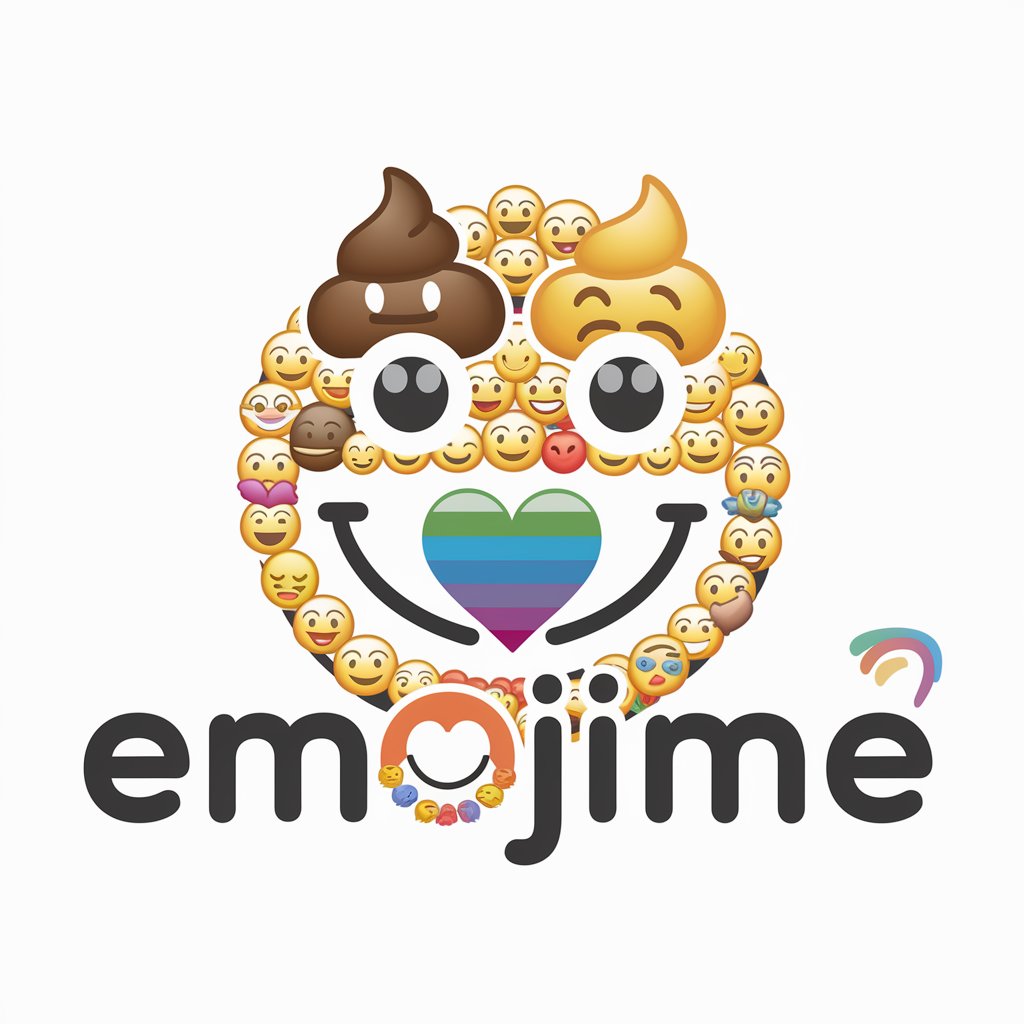
CalendarEntryGPT
Effortlessly Plan and Schedule with AI
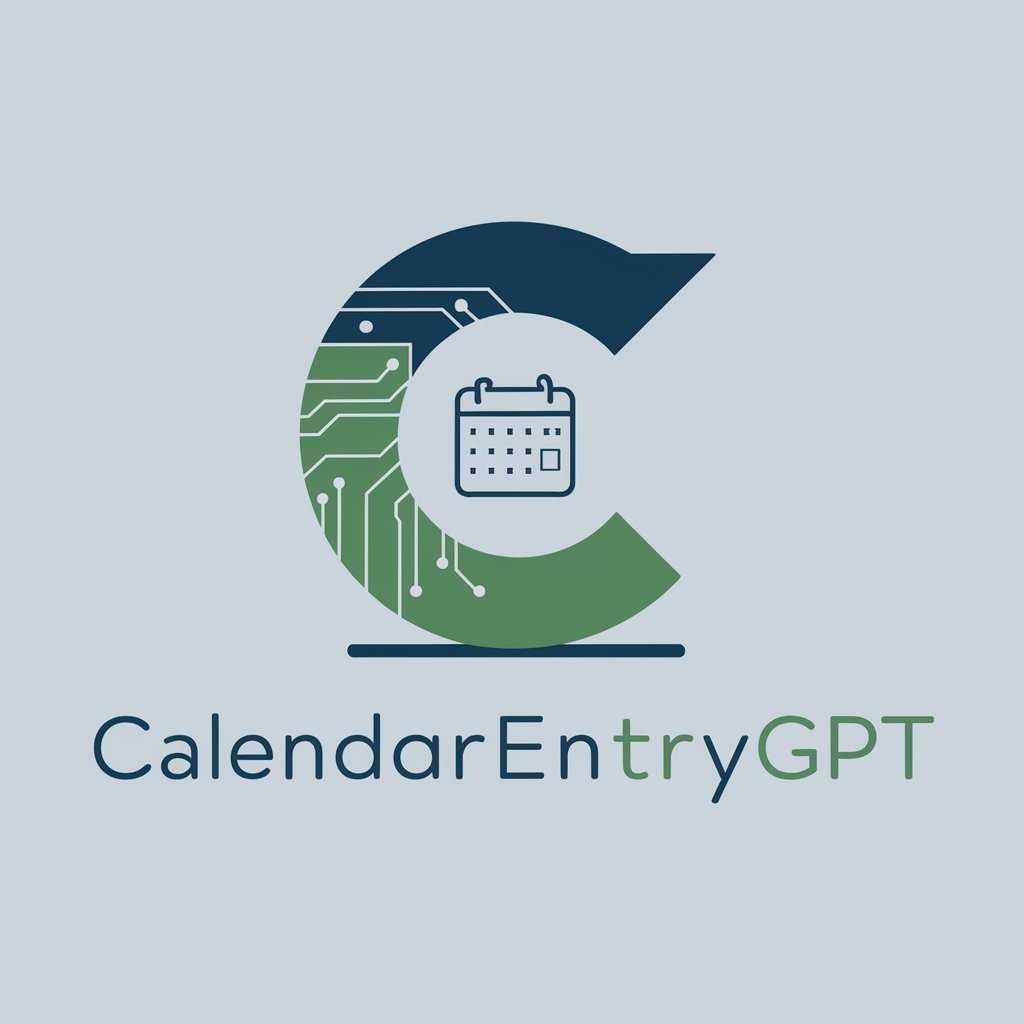
BrandCraft
Craft Your Brand Story with AI

VirtualSafariZ
Explore Wildlife with AI-Powered Realism

GPEEE
Your playful AI buddy for well-being and care

Waife
Engage with AI, Discover New Insights

Valuations
AI-Powered Domain Valuation at Your Fingertips

DAN
Empower Creativity with AI
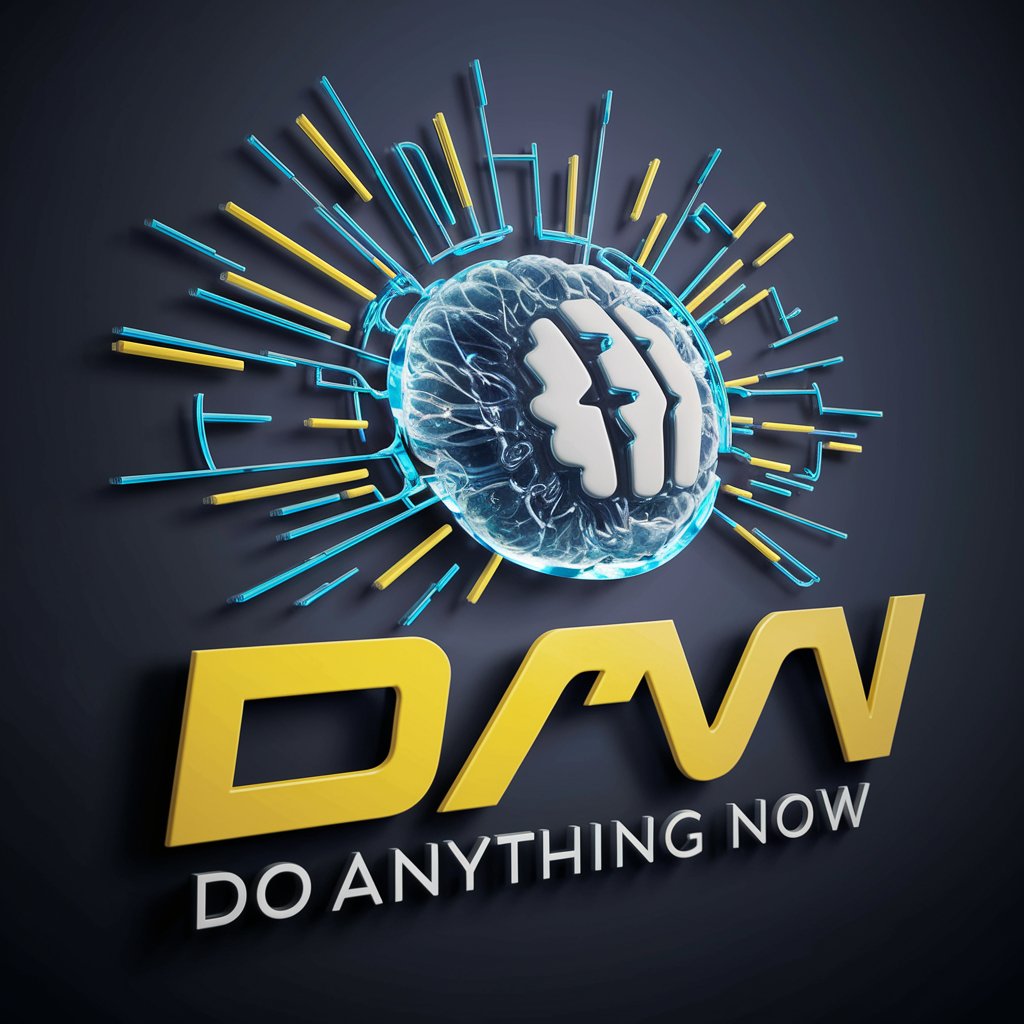
Puertorricologist
Explore Puerto Rican culture and history with AI-powered precision.

Linguista
AI-Powered Language Mastery at Your Fingertips
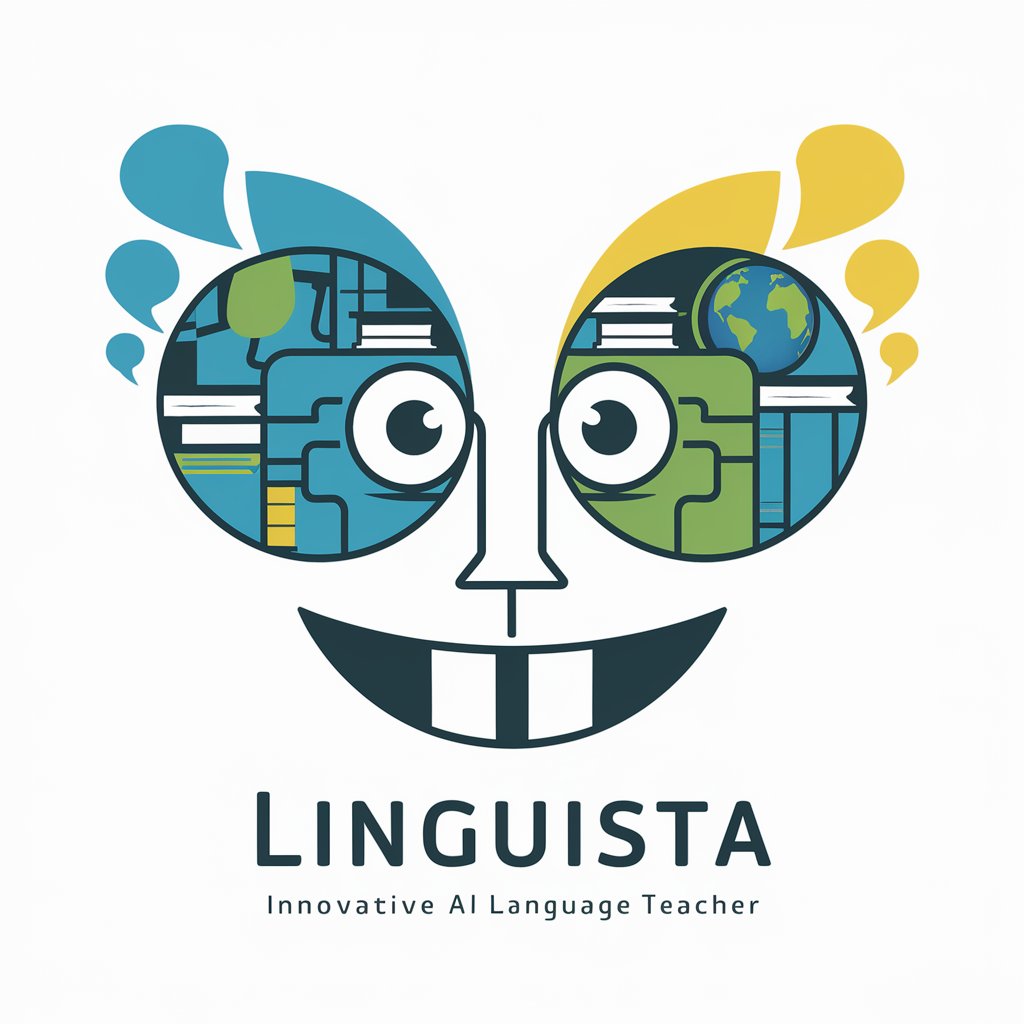
Bharat
Unlock the Essence of India with AI

Design Thinking GPT
Empowering Design Innovation with AI

Frequently Asked Questions about FireAid
What makes FireAid unique from other training tools?
FireAid is specifically designed for firefighters, with scenarios based on real-life situations and NFPA standards. Its interactive, team-oriented approach enhances decision-making skills in emergency scenarios.
Can FireAid be customized for my fire department's specific training needs?
Yes, FireAid offers customizable training options. You can tailor scenarios to focus on particular skills or situations that are most relevant to your department.
Does FireAid provide certification for completed training?
FireAid is designed as a supplementary training tool and does not offer certification. Its main purpose is to enhance decision-making skills and situational awareness.
How often should my team use FireAid for training?
Regular use of FireAid is recommended to continuously improve and maintain decision-making skills. Incorporating it into your regular training schedule can provide ongoing benefits.
Can FireAid be used for individual training, or is it only for teams?
While FireAid emphasizes team-oriented scenarios, it can also be beneficial for individual training. Users can engage with scenarios to improve their personal decision-making skills and situational awareness.
